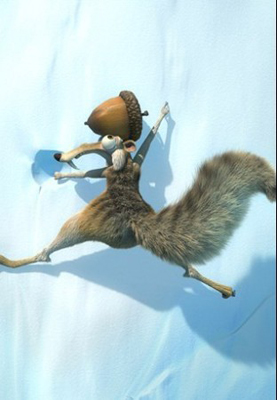alive,live,living的區(qū)別:
alive,live,living的意思都是"活動,活著的",但用法不同:
1.alive 主要用作表語(有時可用作后置定語,但不用作前置定語),可用于人或動物。
如:He must be still alive. 他一定還活著。
He’s the happiest man alive. 他世上最幸福的人。
注:若 alive 本身有修飾語,則也可用作前置定語。如:He isa really alive student. 他的確是一個十分活躍的學生。
2.living 可用作表語或定語,可用于人或物。
如:
Are your grandparents still living? 你的祖父母還健在嗎?
Both plants and animals are living things. 動物和植物都是生物。
alive 和 living 表示“活著的”,兩者含義很接近,只要句法適合,有時可互換。
如:誰是當代最偉大的詩人?
正:Who is the greatest living poet?
正:Who is the greatest poet alive?
若需嚴格區(qū)分,兩者仍有差別:living 通常是客觀描述某人(若需嚴格區(qū)分,兩者仍有差別:“尚在人間”或“健在”,而alive 則主要指生與死的“界限”。)
如:He was still alive when I reached the hospital. 當我趕到醫(yī)院時他還活著。
3.live 通常只用作定語(前置),可用于動物或植物,但一般不用于人。
如:He bought some live fish. 他買了幾條活魚。
back and forth:
固定詞組 ph. 來回地, 往復地
Changing location by moving back and forth.
通過來回移動來改變位置。
短語擴展:
shuttling back and forth左右穿梭
swing back and forth來回擺動
be back and forth搖擺不定
同義詞:
to and from:來回的,往返的
He volunteered to ferry the children to and from school.
他自愿地接送孩子們上學放學。
grab,grasp,snatch,seize的區(qū)別:
snatch:(to grasp or seize hastily, eagerly, or suddenly)搶奪:迅速地、急切地或突然地握住或奪走
snatched at the rope 奪走繩索
grasp:to take hold of or seize firmly with or as if with the hand抓住,用手或象是用手一樣緊緊地抱住或抓住
grasps at any opportunity抓住任何機會
grab:突然奪走的意思
grabbed the letter from me 搶走了信
seize:抓住
seize the sword 抓住劍












